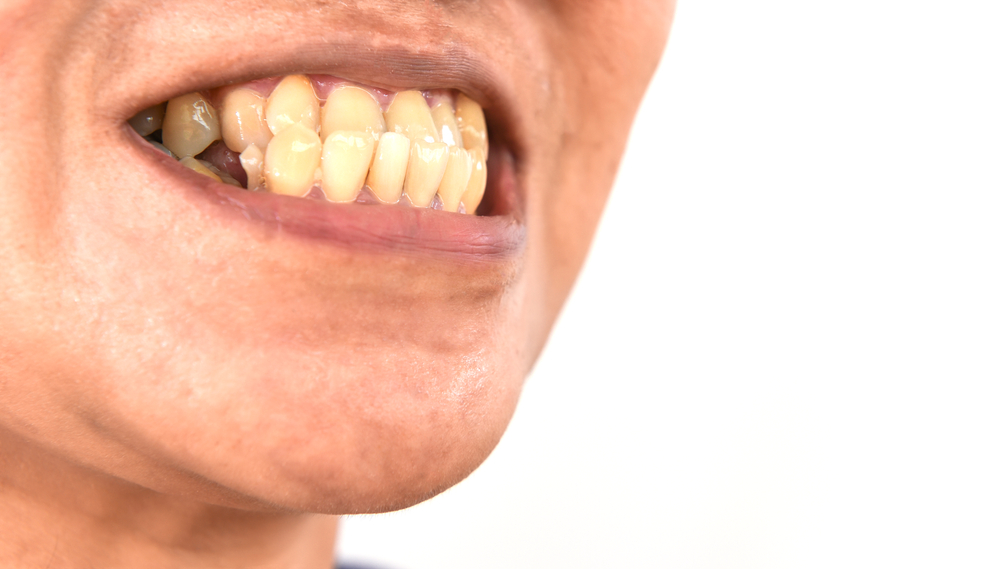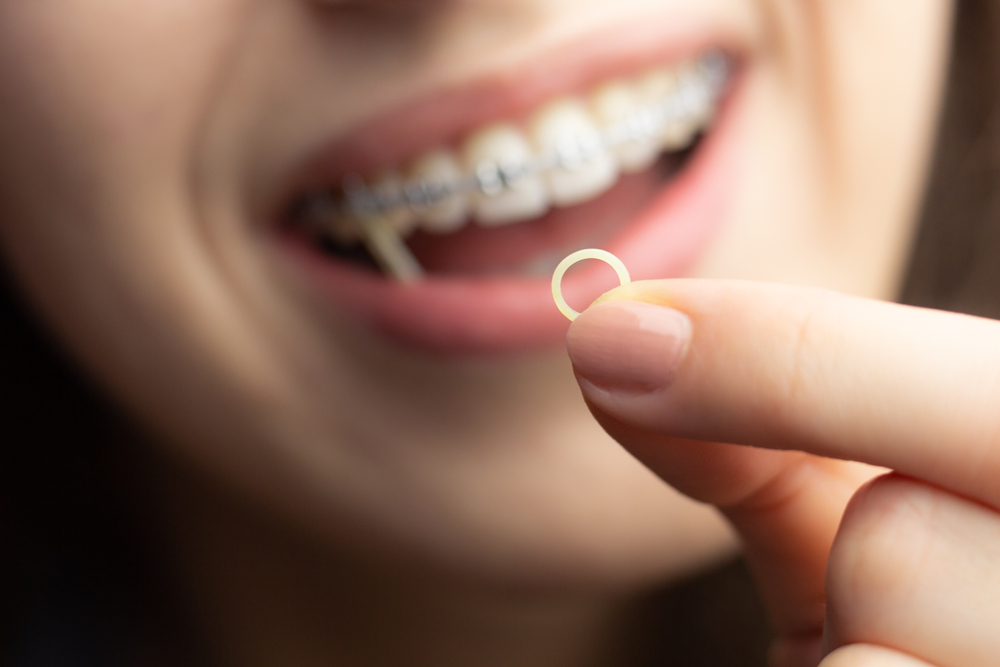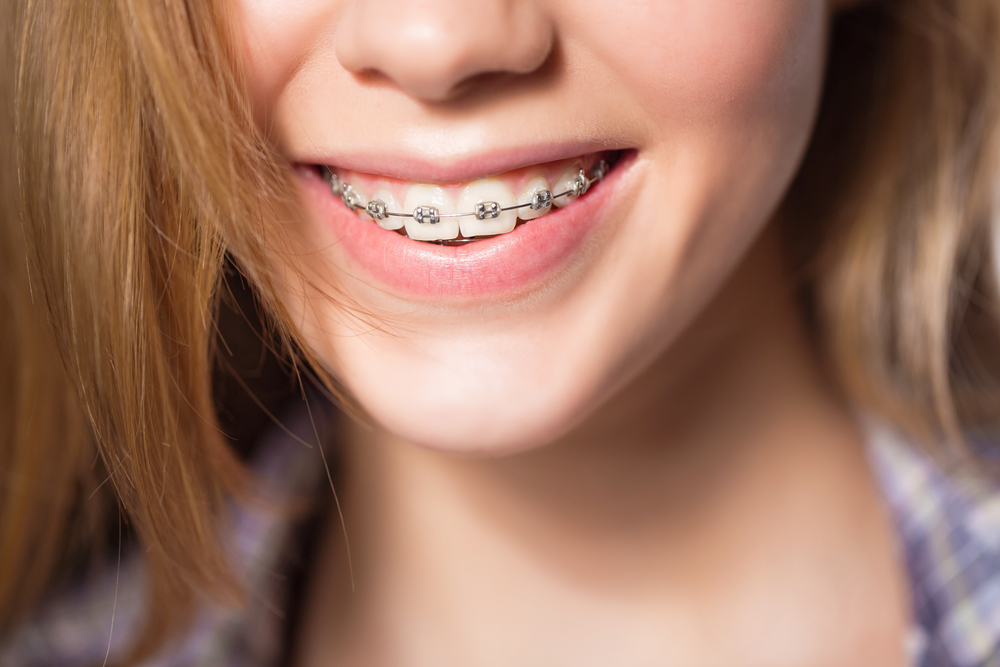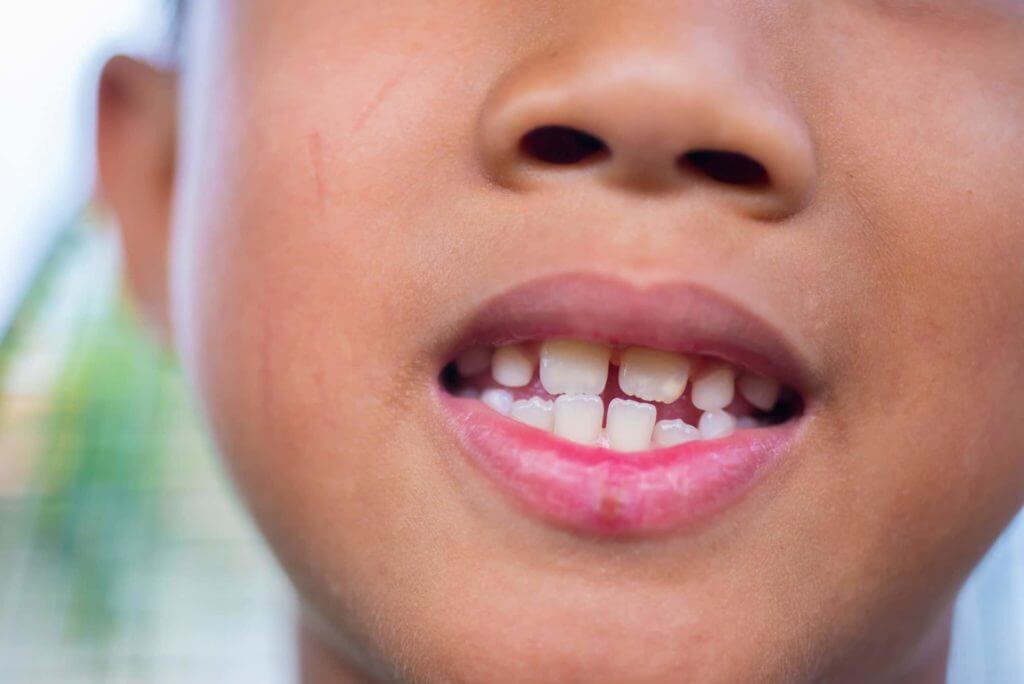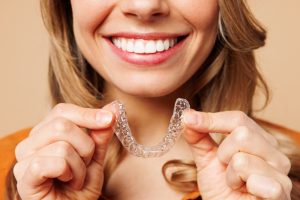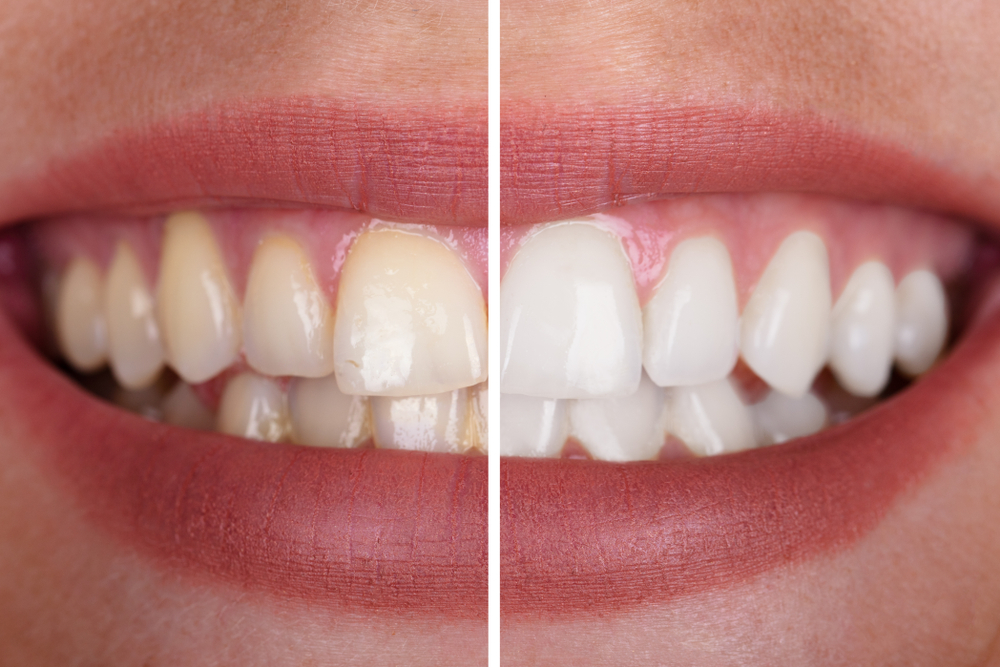Can Parkcrest Dental help me with an underbite?
An underbite is a relatively common condition dentists see at their offices, including Parkcrest Dental Group here in Springfield, Missouri. Don’t worry, we promise to take care of you or your children with an underbite. We’ll consult with you to determine a possible treatment regimen for an underbite for minor or severe cases.
The doctors at Parkcrest Dental Group examine several FAQs about an underbite.
What is an underbite?
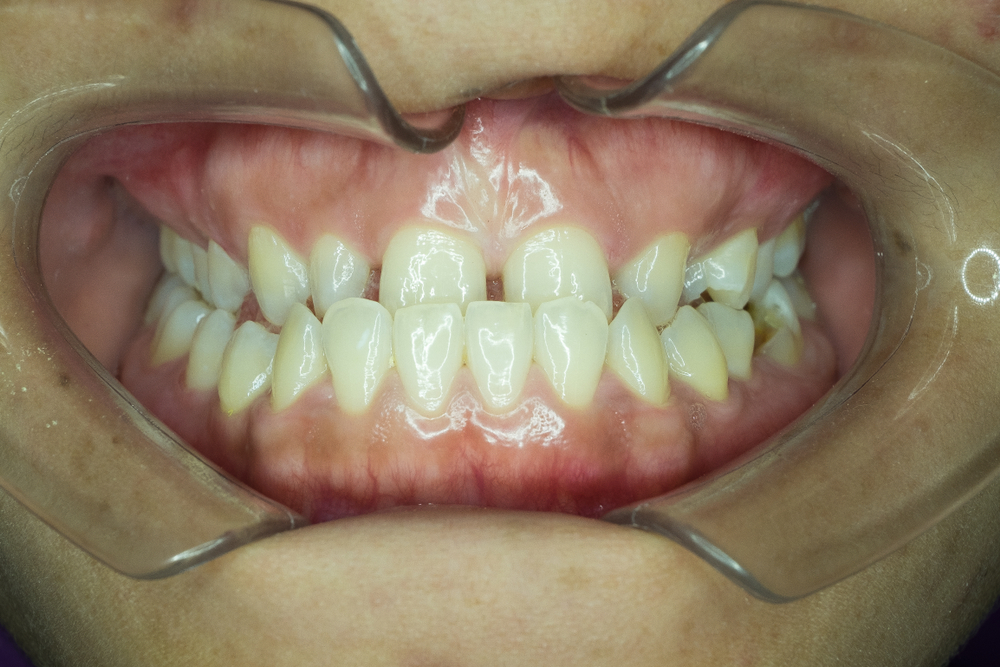
Having an underbite means your lower teeth extend farther forward than your upper teeth. Typically, the opposite is true where the upper teeth are farther forward.
What causes an underbite?
Overall, a misaligned jaw causes an underbite.
Genetics are the most common reason someone has an underbite. If at least one of your family members has an underbite, your chances of having the same condition increase.
Childhood behaviors may also cause an underbite. Children’s bodies are still developing and growing, so they are more malleable to environmental influences.
Young children who suck their thumbs, thrusting the tongue against their teeth, breathing through the mouth too much, and using a bottle or pacifier for too long of a time may all lead to an underbite as the jaw develops.
Is it bad to have an underbite?
Yes, over time an underbite can become a serious problem for your physical and mental health.
How serious is an underbite?
An underbite is not just a cosmetic issue. Several health problems may stem from an underbite.
What health problems are caused by an underbite?
Someone with this condition may experience mild or severe symptoms, including:
- Chewing difficulties
- Speech issues
- Headaches
- Earaches
- Dizziness
- Hearing problems
- Chronic mouth breathing (which can worsen asthma)
- Bad breath (halitosis)
- Tooth decay
- Sleep apnea
- Chronic jaw pain (temporomandibular joint disorder)
How severe is the chronic jaw pain associated with an underbite?
Temporomandibular joint disorder (TMJ) may cause persistent pain or tenderness in your jaw. This pain may exist in the joints near your ears, in and around your ears, and around your face.
Can an underbite change how you chew your food?
Yes, it may mean you have to chew your food more. You may also experience swallowing problems.
Does an underbite cause damage to teeth?
Yes, this can lead to wear and tear on your front teeth, which makes them at risk for chipping or breakage. You may also have trouble chewing your food when your teeth are misaligned. As such, you might have to chew longer. Chewing longer can cause even more wear and damage to your teeth than normal. Chewing and swallowing may become more difficult as the underbite gets worse.
Can an underbite affect your speech?
Your speech may be altered because the positions of your teeth and tongue are altered by the misaligned teeth. This may turn into a lisp in severe cases.
Does an underbite affect pronunciation?
People with this condition may mispronounce the letters T, D, and N due to their tongue’s inability to reach the top ridge of the roof of their mouth.
Speech problems could lead to other difficulties that have nothing to do with the physical symptoms of the head or jaw.
How do you fix an underbite?
Dentists and orthodontists can correct an underbite through several treatments.
For children, correcting one may include:
- Braces
- Chin caps
- Invisalign
- Reverse face masks
- Upper jaw expanders
Adults with this condition may need the above therapies or one of the following to treat an underbite:
- Tooth extraction
- Surgery
How long does it take to correct an underbite?
In minor cases, it may take three to four months to correct this misalignment. Moderate to severe cases may require up to 12 months. Your exact times will vary depending on your precise case. Our doctors can help you determine a treatment time.
Why do I need jaw surgery to correct an underbite?
Jaw surgery to fix this misalignment is common for adults who have this issue.
Who performs this jaw surgery?
An oral surgeon is fully capable of performing the jaw surgery needed to correct an underbite in adults. This corrective jaw surgery is called orthognathic surgery. We can recommend a top oral surgeon in the Springfield area for you.
What happens during corrective jaw surgery?
Your oral surgeon will reposition the upper jaw to lengthen it and/or shorten the lower jaw. Your exact treatment will be custom-tailored to your exact needs. The surgeon will tell you precisely what will happen during the procedure. Don’t worry, an experienced oral surgeon knows how to perform this surgery very well, and it’s a common procedure for him or her to do.
How long does it take to recover from orthognathic surgery?
A full recovery may take anywhere from six to 12 weeks, but you may return to normal daily activities within a couple of weeks.
How can braces or Invisalign fix an underbite?
For a mild underbite, straightening your teeth with traditional braces or Invsialign can help realign your jaw. You will have to wear a retainer afterward to maintain the alignment of your teeth and jaw.
Can headgear fix an underbite?
Yes, generally in children.
Facemask therapy includes wearing a device on your face that rests on your forehead and chin. Elastics, or orthodontic rubber bands, secured in the upper jaw or along the temples on your head, help gradually pull the upper jaw forward while keeping the lower jaw steady or even pushing it gradually backwards.
How long does facemask therapy last?
Facemask therapy requires a commitment from the patient. In some cases, you might need to wear a facemask 16 hours a day for a year. Basically, any time you don’t sleep or eat.
At what age do you correct an underbite?
Early treatment between the ages of 7 and 10 is crucial to correct this misalignment. It’s better to treat an underbite in children because the jaw is still developing. Orthodontists recommend children receive an orthodontic screening at age 7 to see if there are any issues that may cause problems later in life.
Is it normal to have an underbite?
Having this condition is the most common bite issue in Americans.
How many people have an underbite?
Approximately 1 in 20 people (5 percent of the population) have this type of misalignment.
Does an underbite get worse with age?
Yes, it can get worse with age, particularly if this condition isn’t corrected before a child’s growth spurt occurs during the teenage years. After this growth spurt, the jaw stops growing and an underbite can become more prominent.
Can an underbite correct itself?
This is rare, and a misalignment usually requires treatment.
Who can help if I have an underbite?
The doctors and orthodontists at Parkcrest Dental Group can help you or someone in your family with an underbite condition. Reach out to our staff or call 417-887-1220 for more information or to schedule an appointment.

